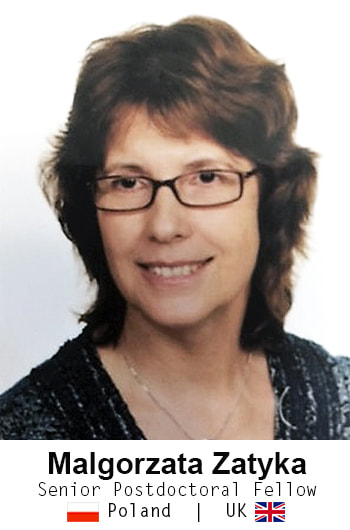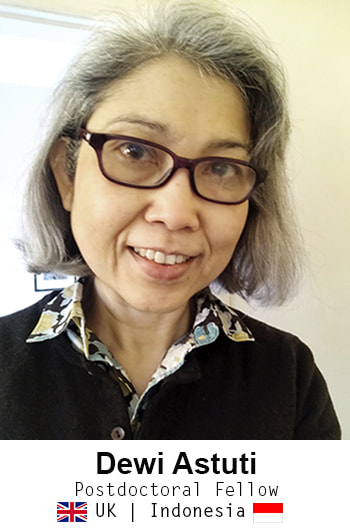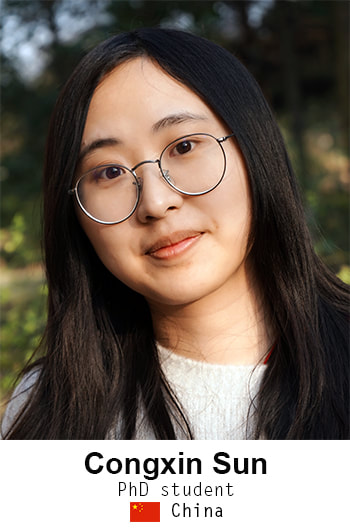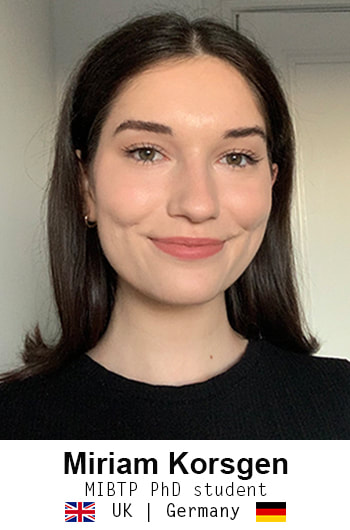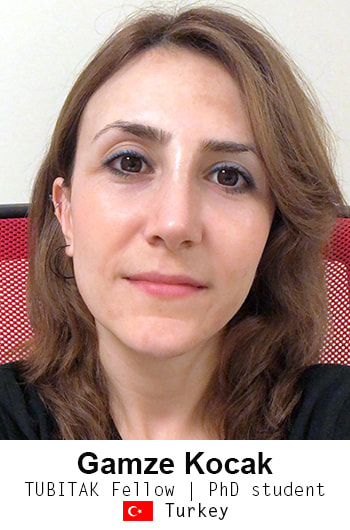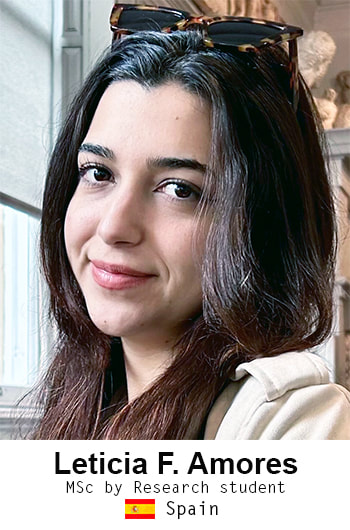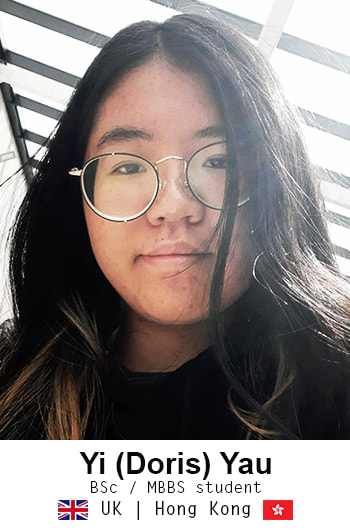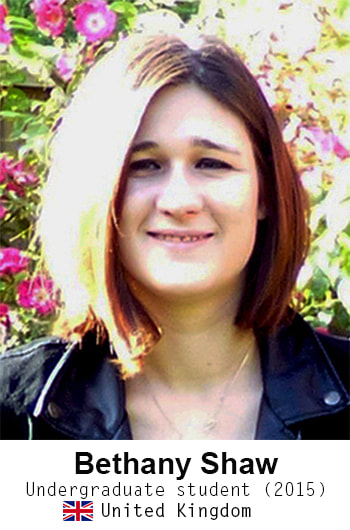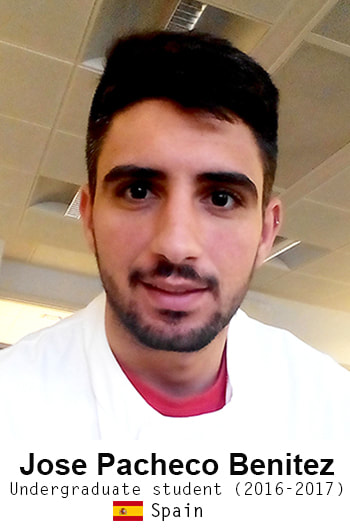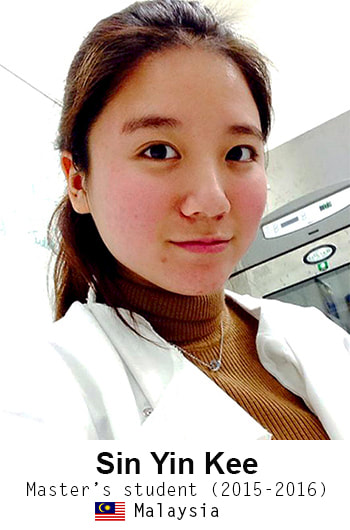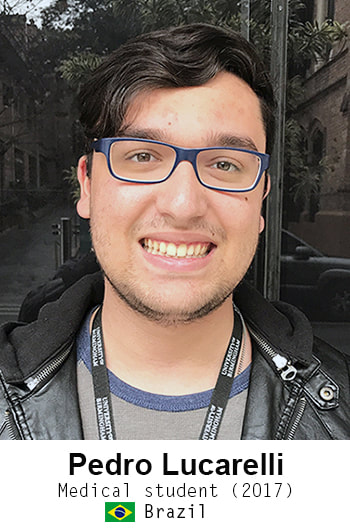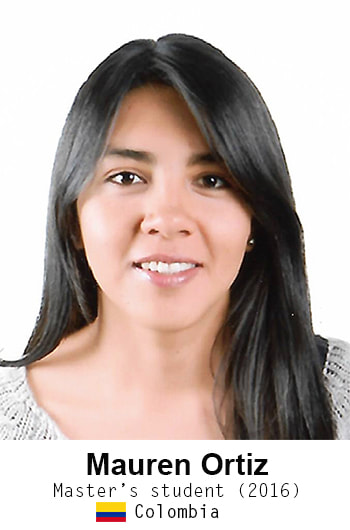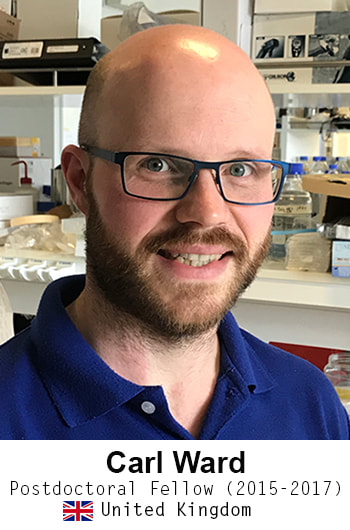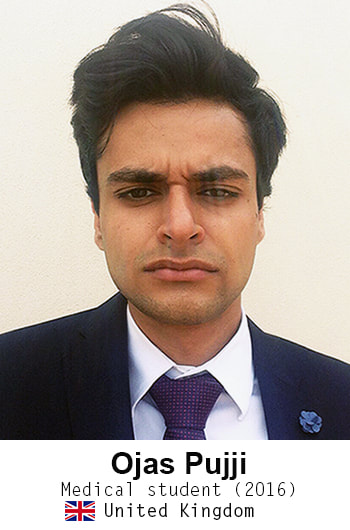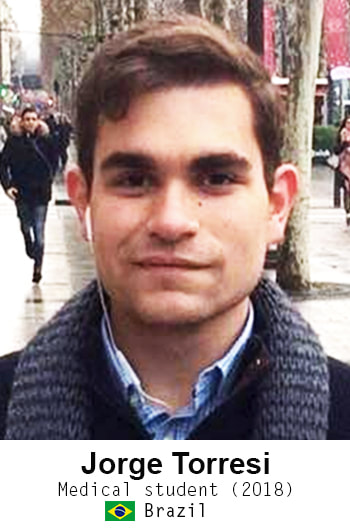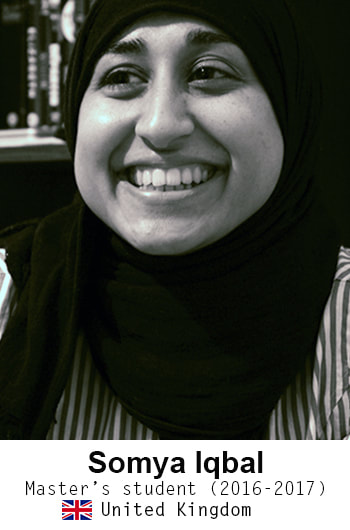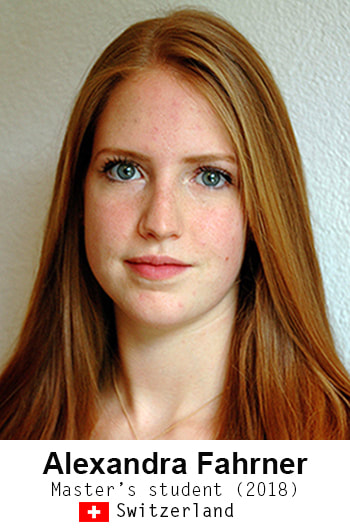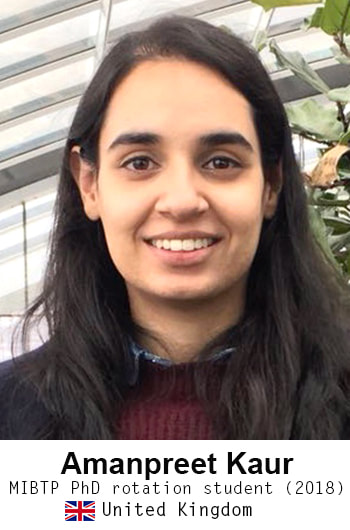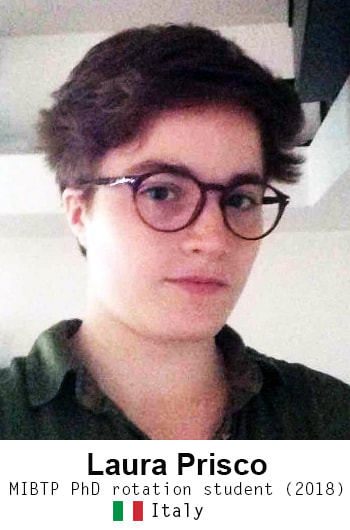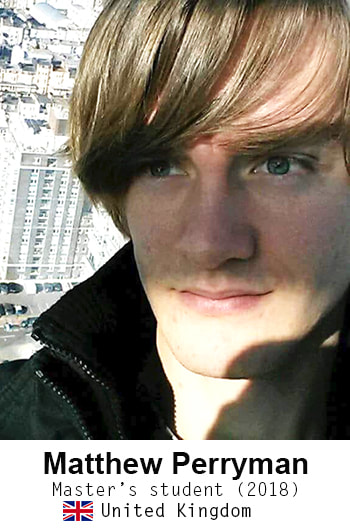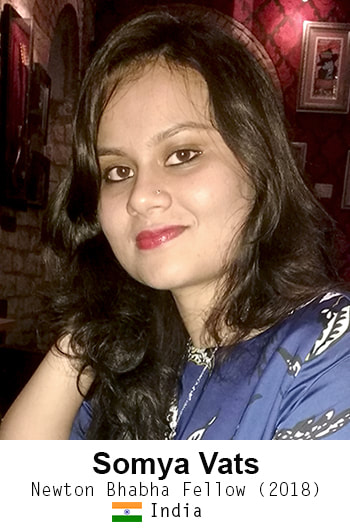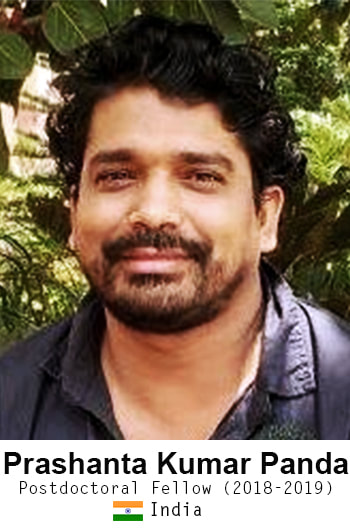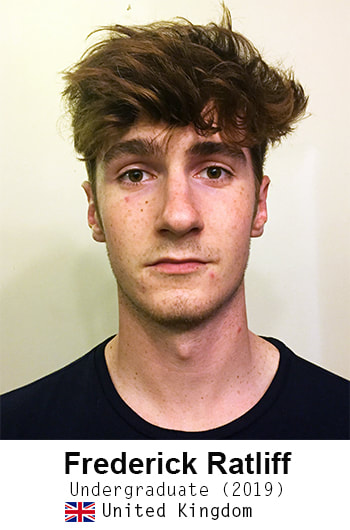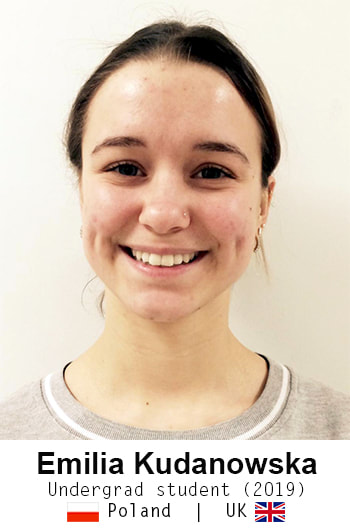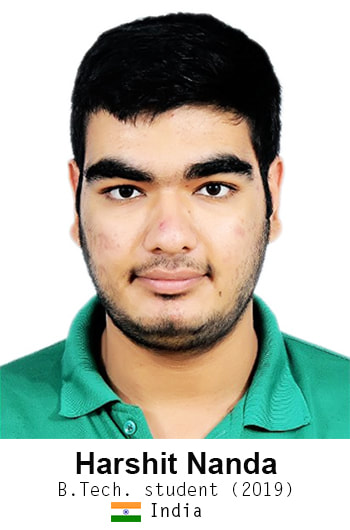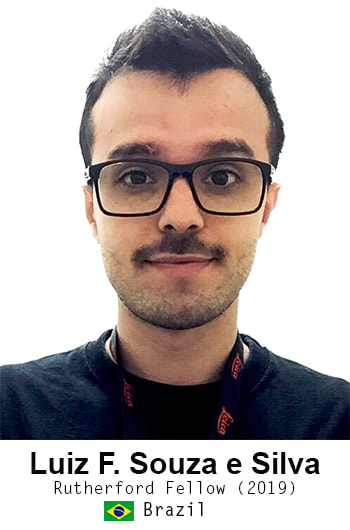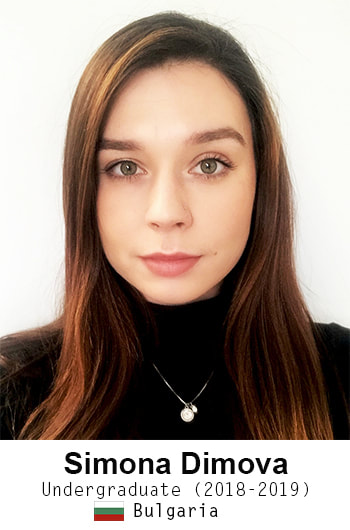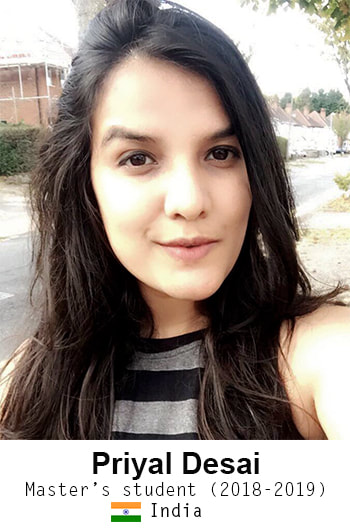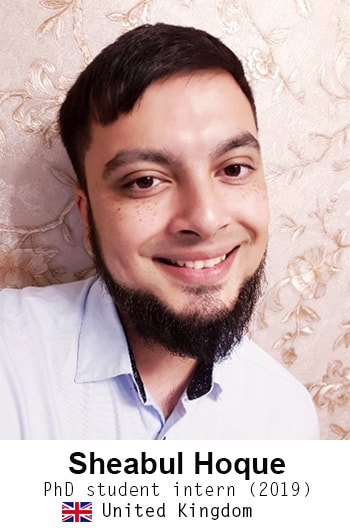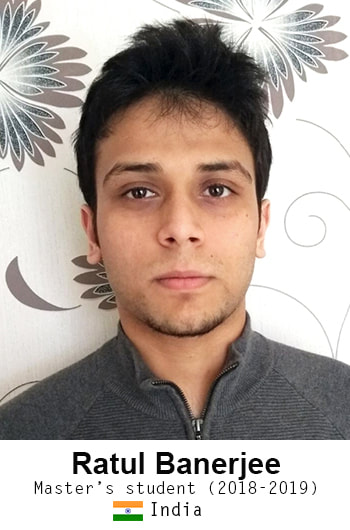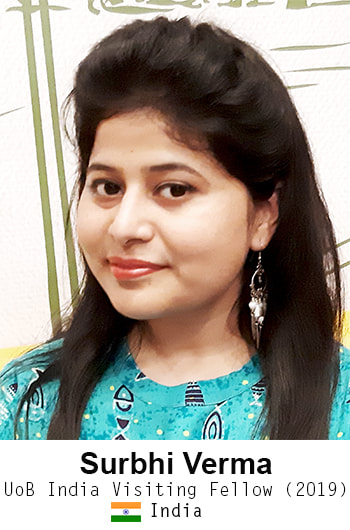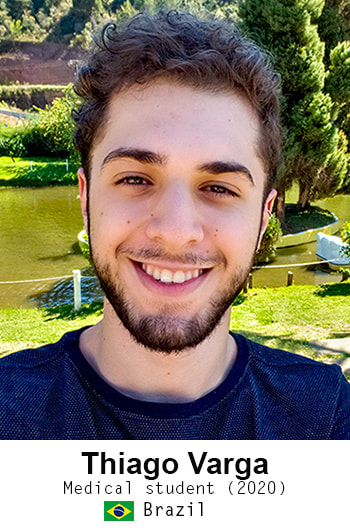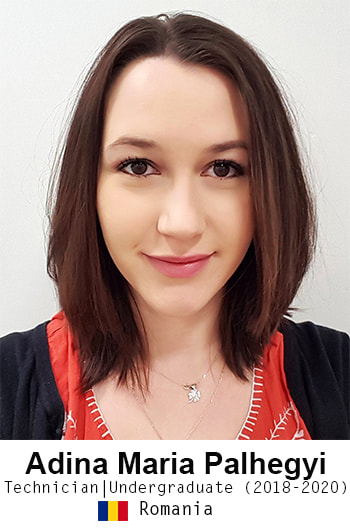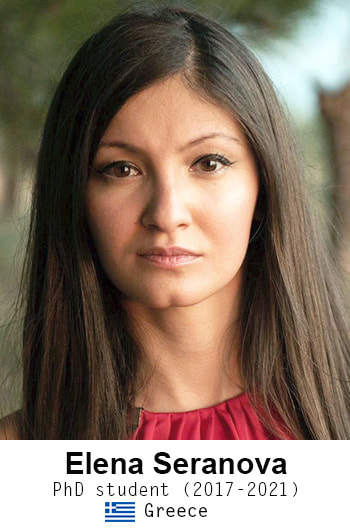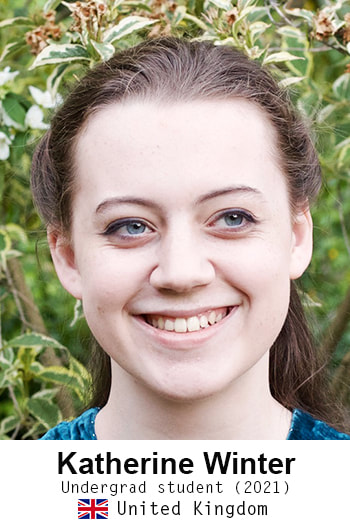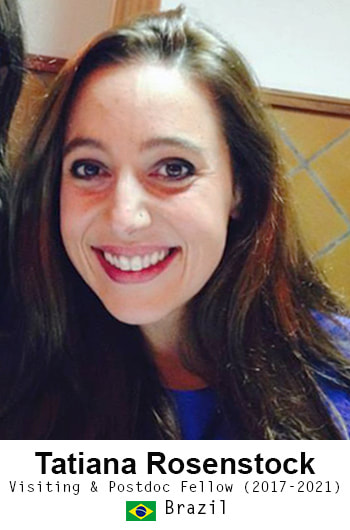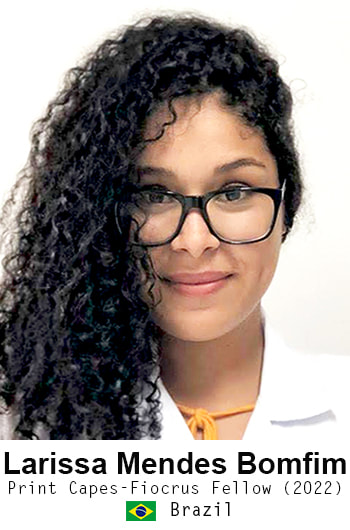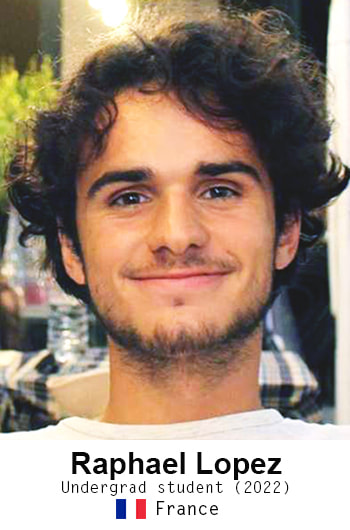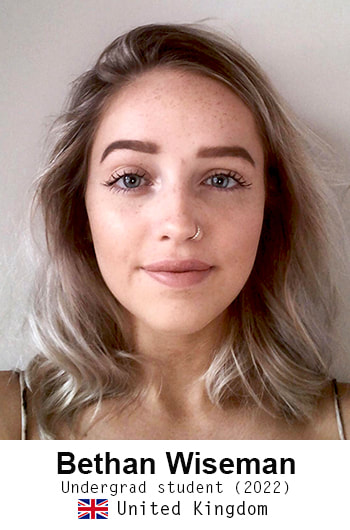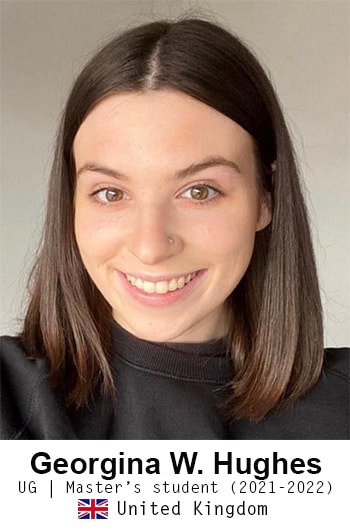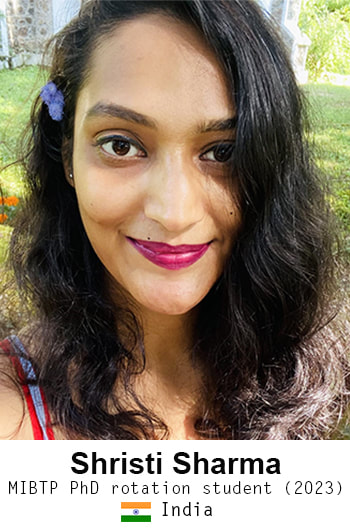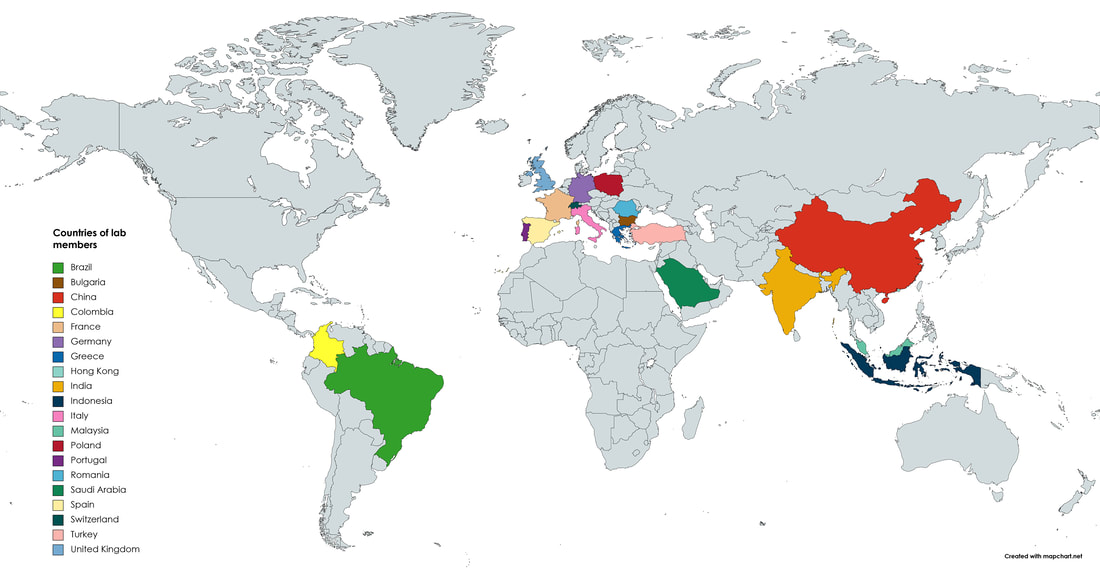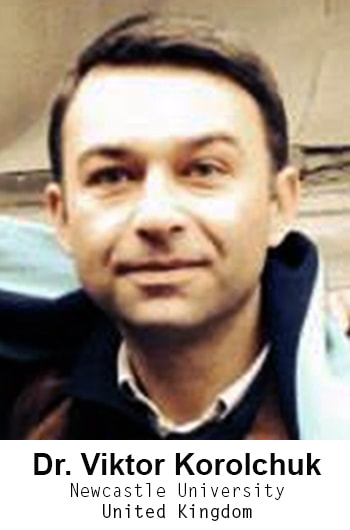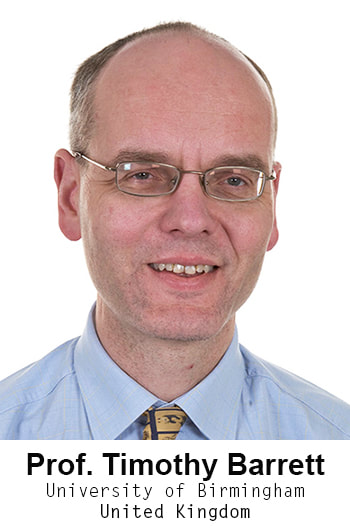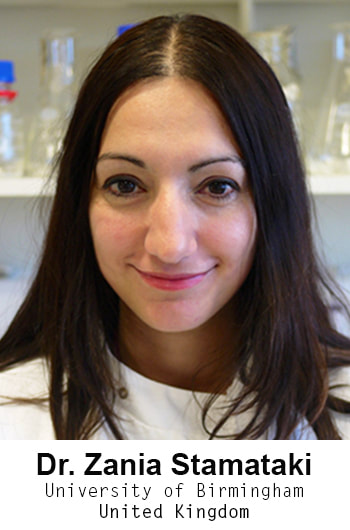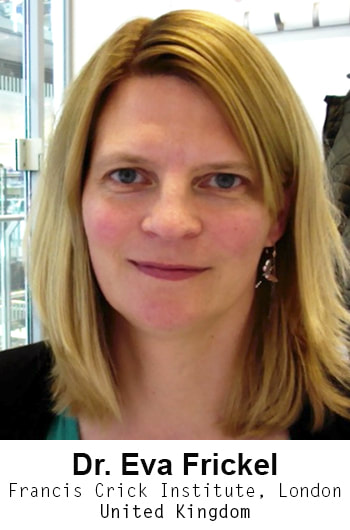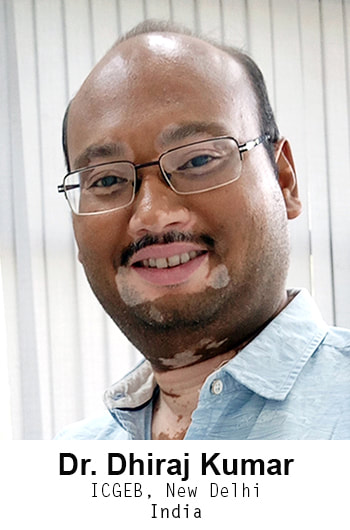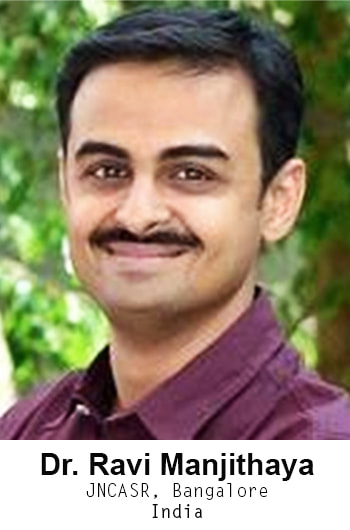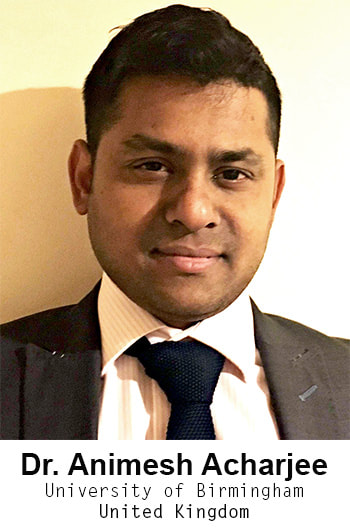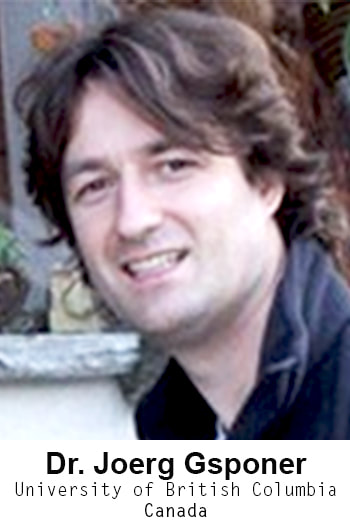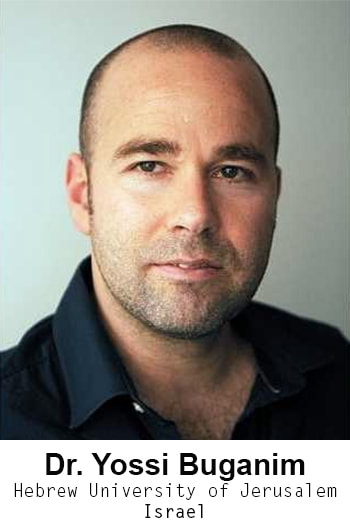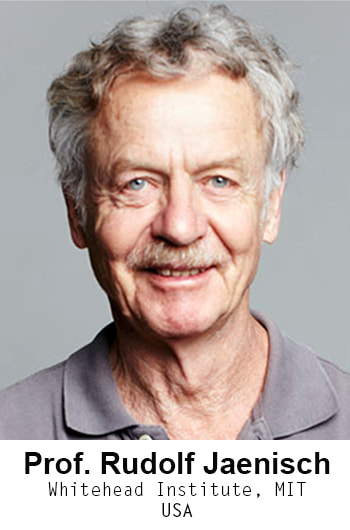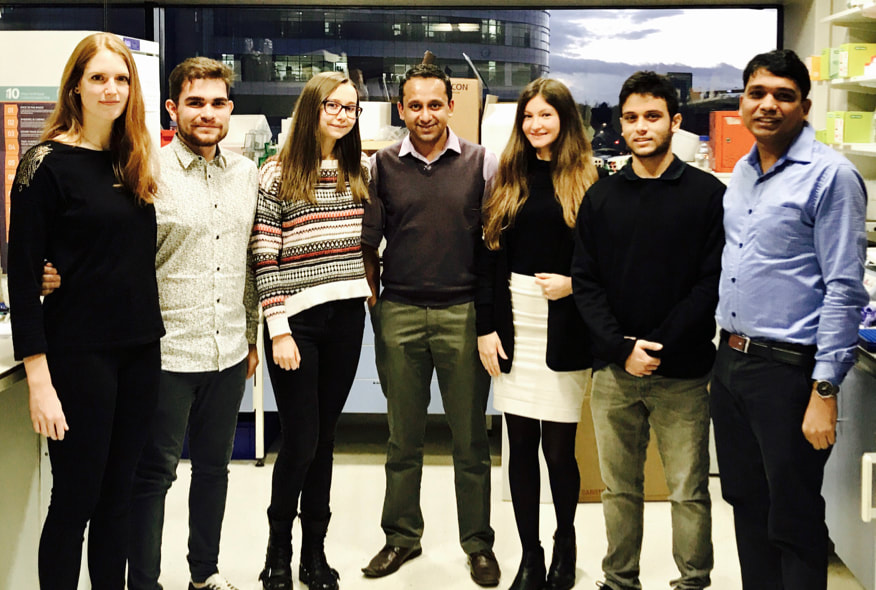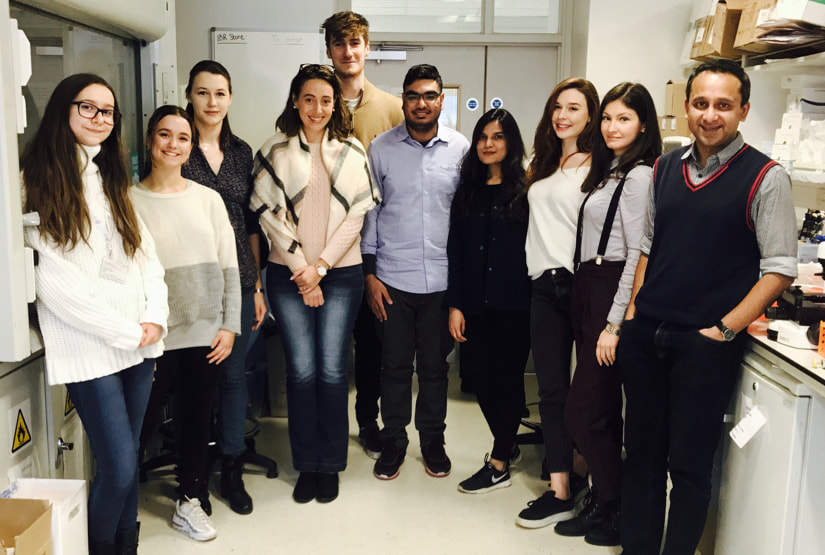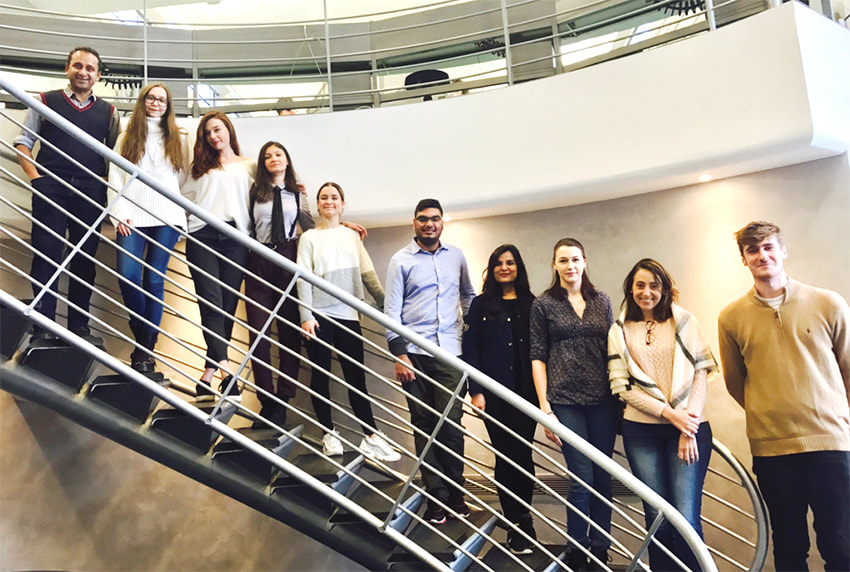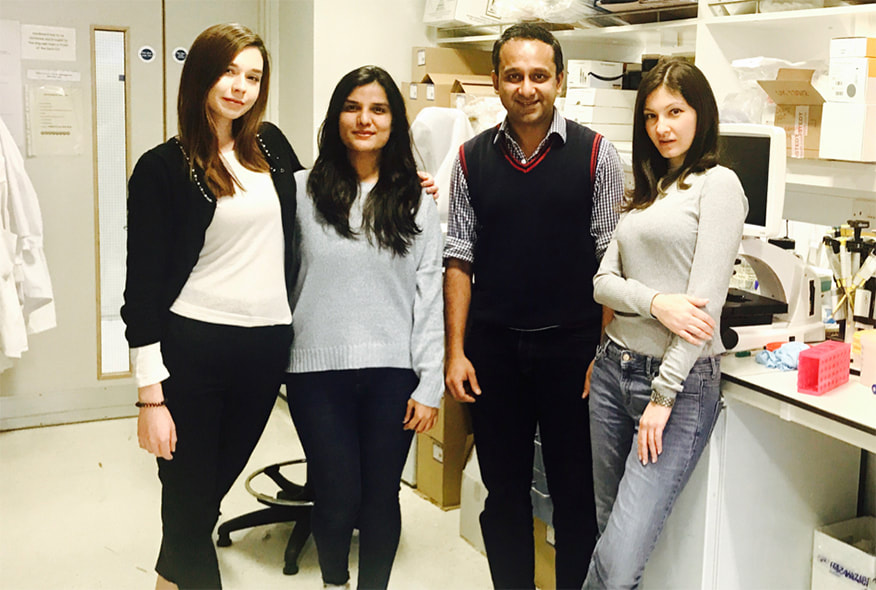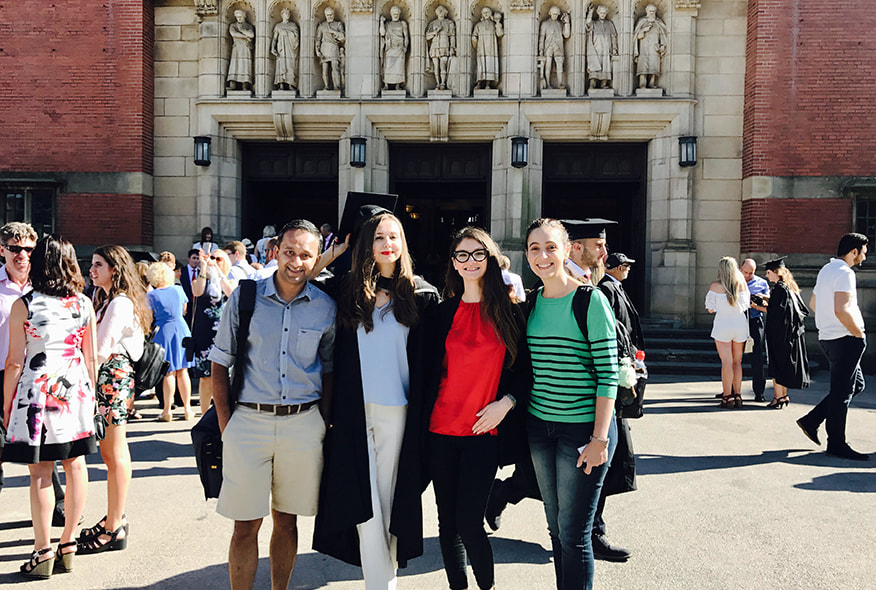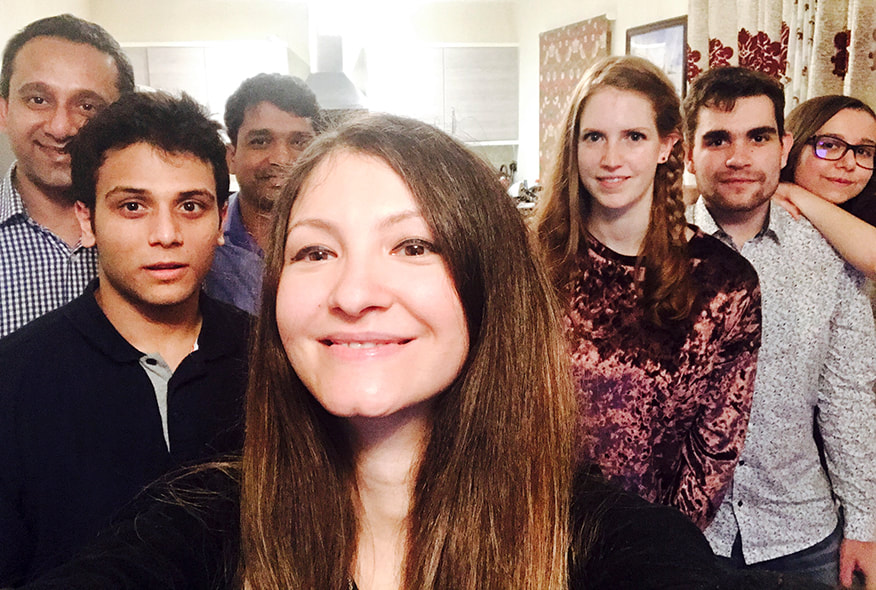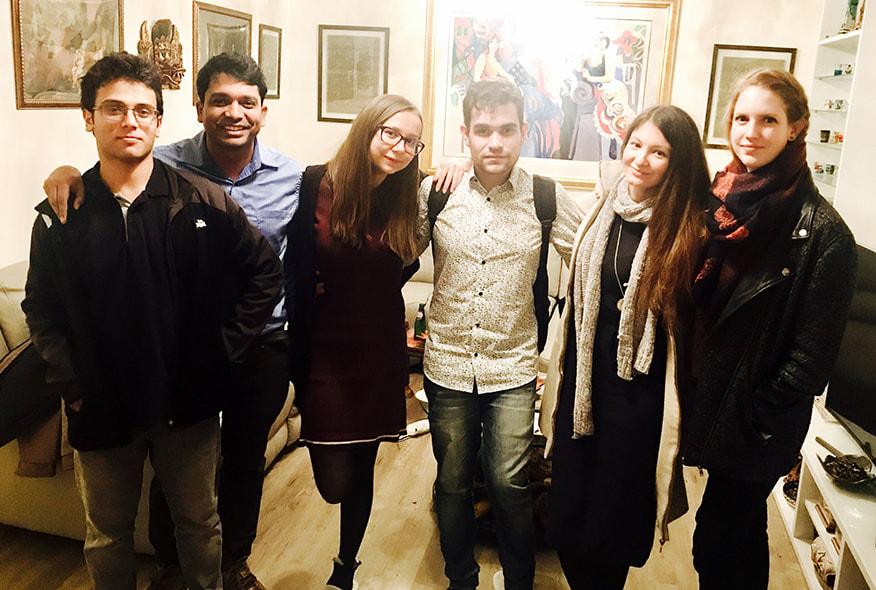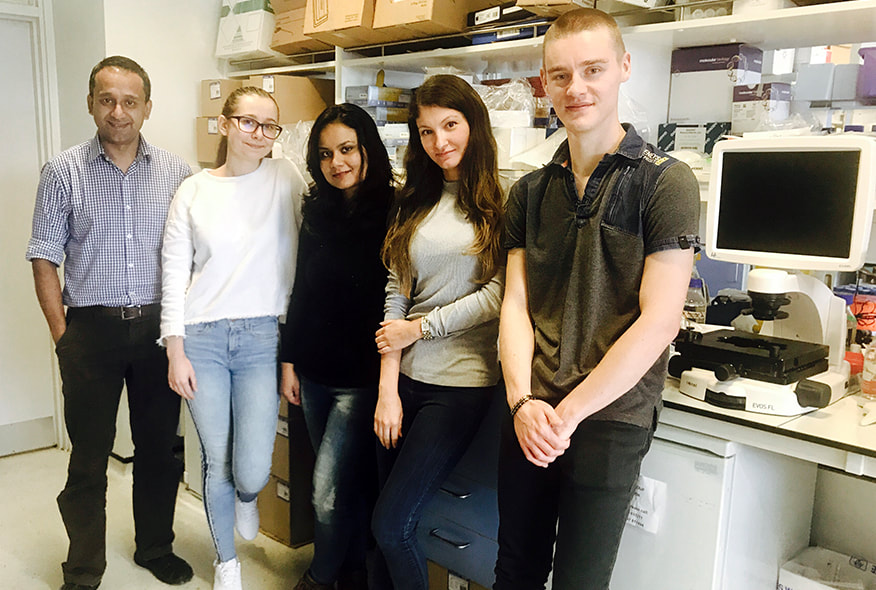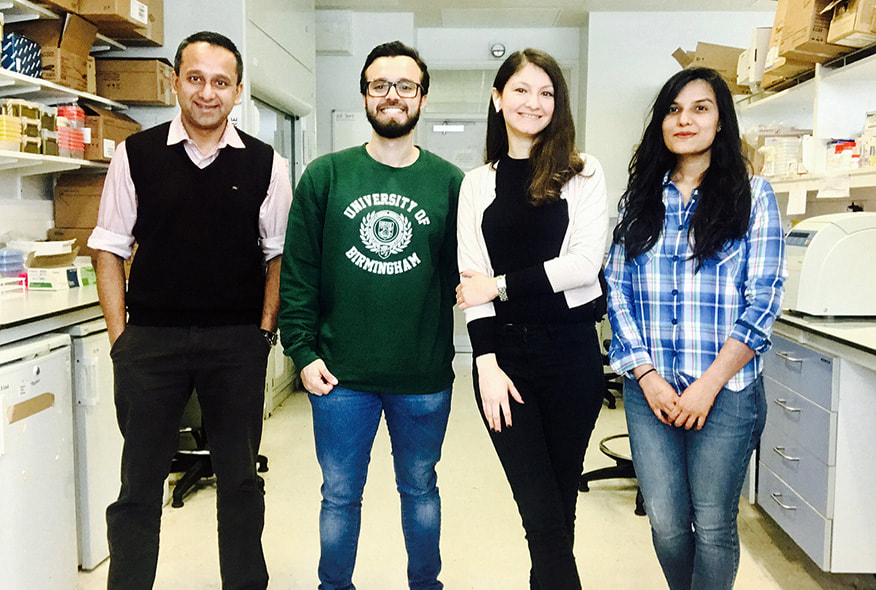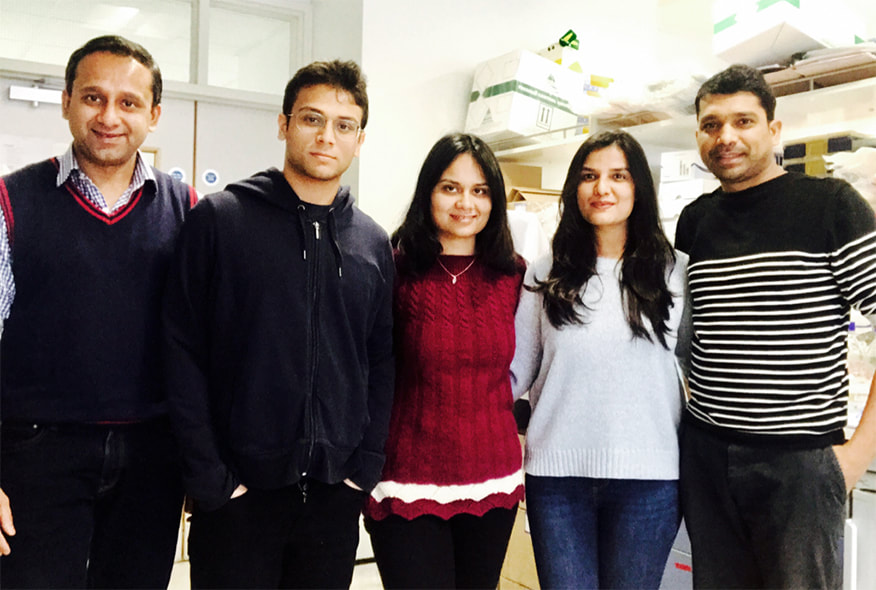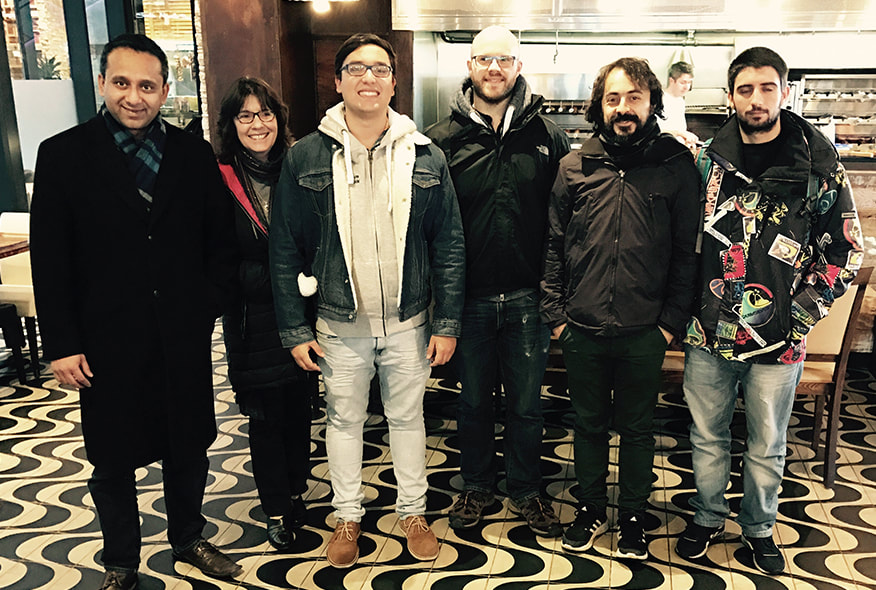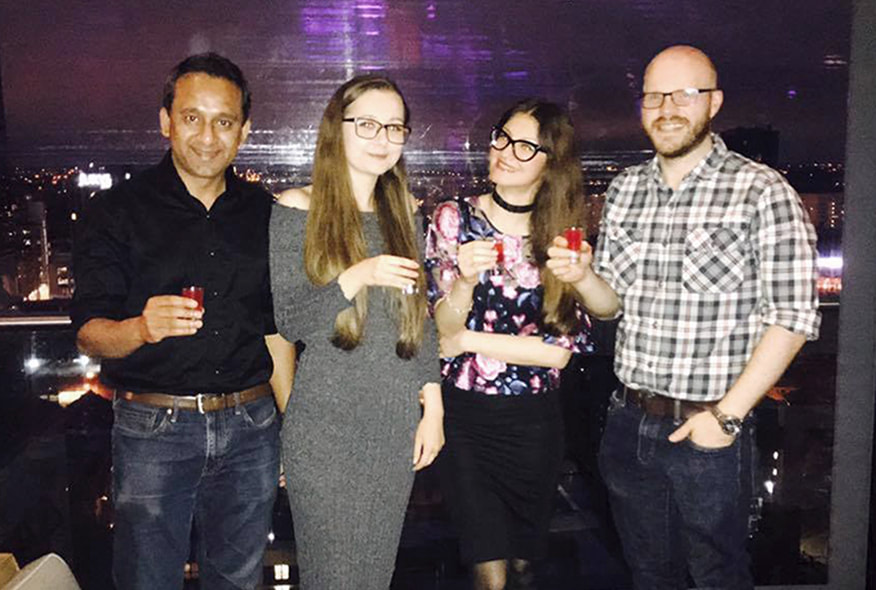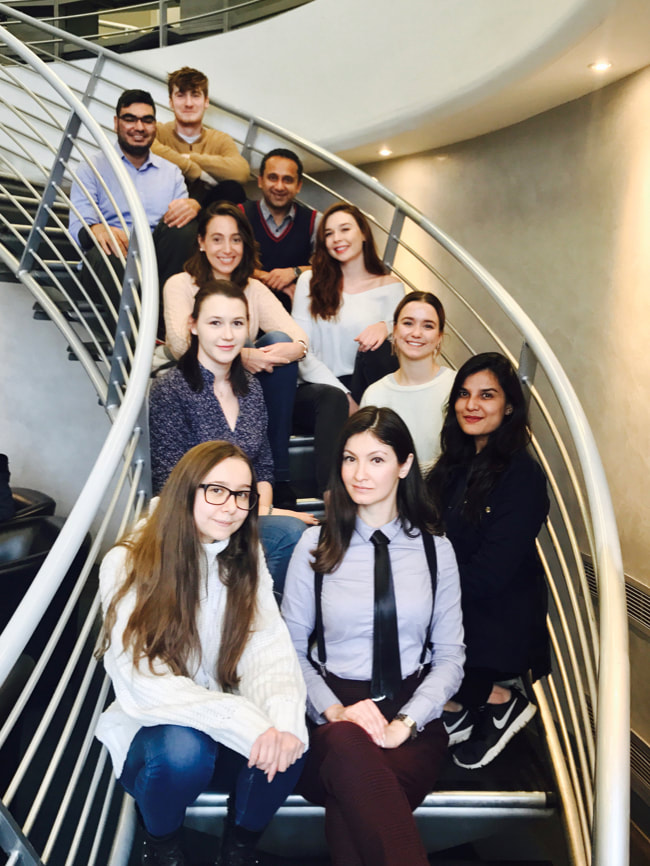GROUP LEADER
Qualifications
|
Selected achievements
|
|
Dr Sovan Sarkar is a Birmingham Fellow (equivalent to Assistant Professor) at the University of Birmingham, and holds the distinction of Former Fellow for life at Hughes Hall, University of Cambridge. He studies the biological process of autophagy, which is an intracellular degradation pathway essential for cellular survival. Utilizing human embryonic stem cells (hESCs) and disease-specific human induced pluripotent stem cells (hiPSCs) to establish human cellular platforms, his lab works on the regulation and therapeutic application of autophagy in relation to human physiology and diseases. He aims to develop a pipeline originating from basic biology to drug discovery, and potentially translate the findings for biomedical applications. He has made several contributions in the field of autophagy including the identification of mTOR-independent signalling pathways and small molecules modulating autophagy. These findings not only provided mechanistic insights into the cell biology of this process, but also generated potential therapeutic candidates for diverse human diseases, including neurodegenerative diseases where upregulating autophagy acts as a protective pathway. His work also involves the fundamental regulation of autophagy in physiologically-relevant hESCs, and its deregulation in disease-relevant cell-types differentiated from hiPSC models. He has co-authored more than 50 scientific publications, which have collectively received over 15000 citations (Google Scholar), and have generated a number of patents and research features. He is also involved in scientific engagements with institutions in India as part of the University of Birmingham India Institute.
|
Affiliations
Associations
|
PRESENT LAB MEMBERS
|
Malgorzata Zatyka received her PhD from the Institute of Biochemistry and Biophysics at Polish Academy of Sciences in Warsaw, previously worked at the University of Birmingham. She is currently a senior postdoctoral scientist studying the mechanisms of defective autophagy underlying rare, childhood-onset neurodegenerative disorders using mammalian cell lines and human induced pluripotent stem cell-based neuronal models.
|
Dewi Astuti received her PhD from the University of Wales (Swansea). She previously worked at the University of Indonesia (Jakarta) and University of Birmingham, and is currently a postdoctoral scientist. Her work involves establishing chemical screening platforms using human pluripotent stem cell-based platforms.
|
|
Congxin Sun received her BSc in Pharmacology and MSc in Drug Design from University College London in UK. She is interested in the application of human pluripotent stem cell based platforms for understanding disease mechanisms and drug discovery. Her PhD work involves establishing chemical screening platforms and studying the homeostatic role of autophagy in human neurons.
|
Miriam Korsgen received her BSc in Biochemistry and Molecular Medicine from the University of Notthingham in UK, where she received the best student award in her graduating class. She is currently a PhD student, having received the BBSRC and University of Birmingham funded MIBTP PhD studentship. She is working on the regulation and metabolic functions of autophagy using human embryonic stem cell-based platforms.
|
|
Gamze Kocak is a PhD student at Dokuz Eylul University in Izmir, Turkey. She is currently a visiting PhD student funded by TUBITAK Fellowship from the Scientific and Technological Research Council of Turkey. Using human pluripotent stem cell models, she is studying the role of autophagy in the generation of organoids, and the mechanisms and consequences of defective autophagy in neurodegenerative diseases.
|
Leticia Fernandez Amores received her BSc in Biochemistry from Liverpool John Moores University in UK. She is currently a MSc by Research student at the University of Birmingham. She is investigating the mechanisms and consequences of autophagy dysfunction, and therapeutic benefits with autophagy inducers, in a rare childhood-onset neurodegenerative disorder using human neuronal and induced pluripotent stem cell models.
|
|
Asmaa Ghazwani received her PhD in Medicine from Cardiff University in UK. She is currently a postdoctoral researcher studying defective autophagy in two rare autosomal recessive childhood-onset neurodegenerative diseases. Her work involves evaluating the therapeutic benefits of FDA-approved autophagy-inducing compounds in neuronal cell models of rare diseases.
|
Ebony Hill received her BSc in Biological Sciences from University of Hull in UK. She is currently studying MSc in Genomic Medicine at the University of Birmingham. She is interested in rare diseases. She is studying the role of NAD and the biomedical implications of NAD boosting compounds in neuronal cell models of rare neurodegenerative diseases.
|
|
Yi (Doris) Yau received BSc in Biomedical Science from the University of Birmingham in UK. She is a visiting research internship student, currently studying Medicine at the University of Birmingham. She continues her work from the undergraduate project involving the mechsnisms and characterization of autophagy defect in a rare early-onset neurodegenerative disorder using cellular and in vivo models.
|
PAST LAB MEMBERS
LAB MEMBER COUNTRIES
Over the years, we have wide cultural representation in the lab with the lab members coming from various countries around the world.
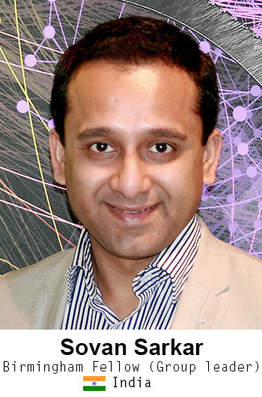
 https://orcid.org/0000-0002-9456-4362
https://orcid.org/0000-0002-9456-4362




